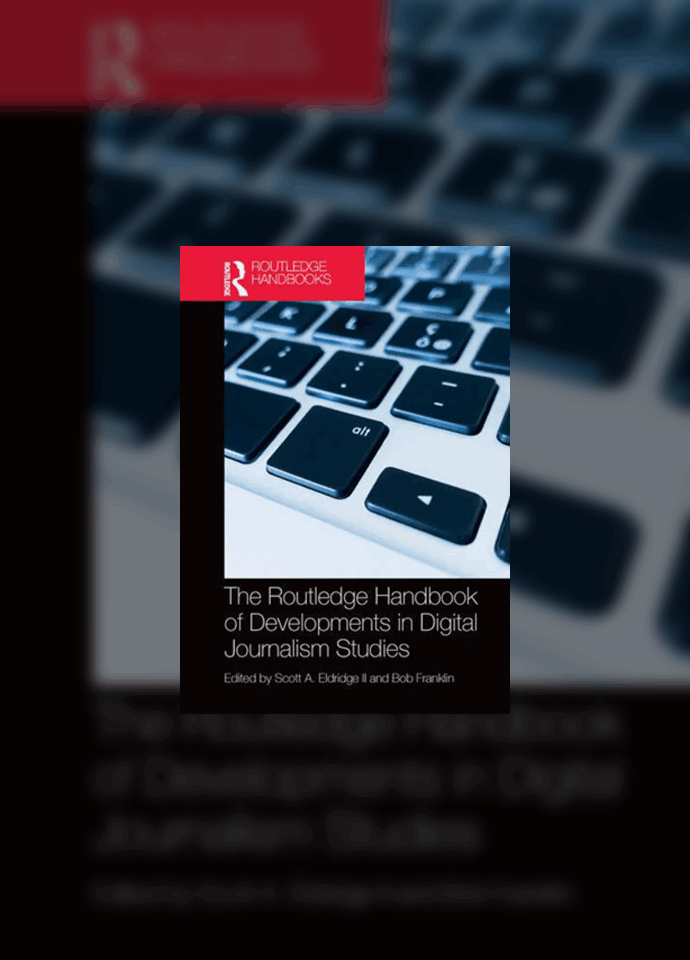For a woman journalist in 2017, working on Twitter entails opening oneself to attacks such as:
“I hope you get raped”
Just Not Sports, 2016
“You need to be hit in the head with a hockey puck and killed”
Just Not Sports, 2016
“You are clearly retarded, I hope someone shoots then rapes you”
Hess, 2014
The internet is touted as a democratic space in which nationality, class, race, gender, and sexuality are rendered neutral. However, receiving digital media threats of violence, rape, and murder are daily occurrences for female journalists. Internet harassment of women marginalizes their profes- sional presence online, impinges on their freedom of communication, and, in an echo of outdated and retrograde domestic violence attitudes, is minimalized and dismissed by law enforcement and media publishers. Stalking, bullying, and intimidation that would not be tolerated in brick- and-mortar workplaces are commonplace in comments, emails, tweets, and social media related to the online work of female journalists. Studies in this emerging field point to an ugly truth: the anonymity and ubiquity of the internet works to shelter and protect harassers and to allow the cyber sexual harassment of women and marginalized groups, such as LGBTQ (lesbian, gay, bisexual, transgender, queer/questioning) persons.
Book chapter in The Routledge Handbook of Developments in Digital Journalism Studies,
editors Scott A. Eldridge, II & Bob Franklin, 2017






